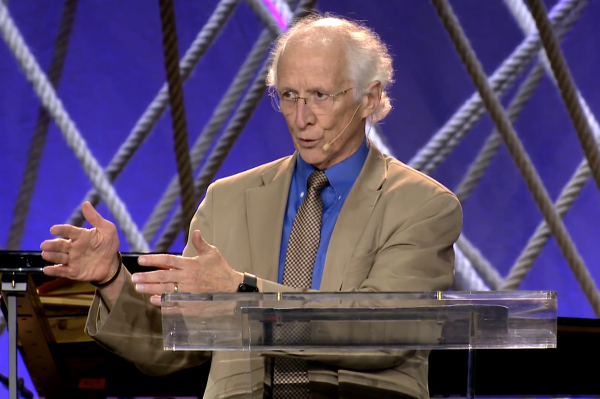Survey Finds More Americans Prefer 'Happy Holidays' Greeting Over 'Merry Christmas'
A survey released Tuesday by the Public Religion Research Institute indicates that there has been a slight increase in the percentage of Americans who prefer a non-religious "Happy Holidays" greeting over the religious "Merry Christmas" salutation.
The recent poll found that 49 percent of Americans prefer stores and businesses use non-religious greetings, such as "Seasons Greetings" or "Happy Holidays" rather than the traditional "Merry Christmas" to show respect for people of other faiths. This is slightly up from the same 2010 survey that found 44 percent of Americans want businesses to use a non-religious greeting.
PRRI also found that 43 percent of Americans specifically prefer the religious greeting of "Merry Christmas," compared to 2010 when 49 percent specifically wanted the traditional religious greeting.
"Americans seem to be turning a corner on the appropriateness of more inclusive holiday greetings during December," Dr. Robert P. Jones, PRRI CEO, said in a press release reporting the survey results.
The survey, conducted in partnership with the Religion News Service, also found that white evangelical Protestants possess a distinct profile in their approach to the Christmas season. The survey found that the majority of evangelicals, 62 percent, are more likely than Americans overall to prefer a specifically religious greeting from stores and businesses during the holidays.
Additionally, while 68 percent of evangelicals are likely to read the Christmas story from the Bible during the holidays, only 36 percent of other Americans have said they will do so. The poll also found that evangelicals spend a considerably greater amount on holiday gifts than other Americans, with evangelicals spending an average of $1,153 on gifts per year and other Americans spending an average of $914.
Many Americans have sought to protect the religious affiliation that comes with the Christmas season as atheist groups and pro-separation of church and state organizations attempt to remove religious references from the public square. Texas, for example, has enacted the "Merry Christmas" law that protects public schools from facing reprimand if they celebrate Christmas in a traditional Christian way.
In an incident earlier this week, a woman serving as a bell ringer for the Salvation Army's Red Kettle campaign in Phoenix, Ariz., said she was assaulted by another woman walking into a store when she said "Happy Holidays" instead of "Merry Christmas."
"I thought she was going to put money in the kettle," Kristina Vindiola, who was ringing her bell in front of a Walmart in Phoenix, told KNXV-TV Phoenix. "She came up to me and said, 'Do you believe in God?' And she says, 'You're supposed to say Merry Christmas,' and that's when she hit me."
The PRRI survey was conducted via telephone among a random sampling of 1,056 adults, Dec. 4-12, and included a margin of error of plus or minus 3.1 percentage points.






















